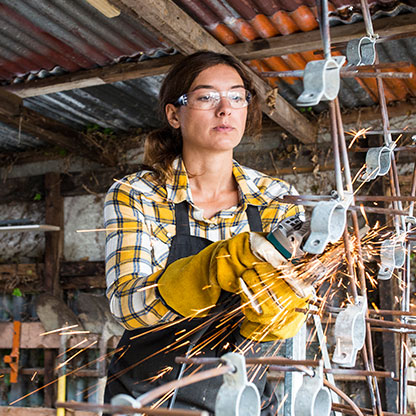When you buy a stand-alone business or franchise, it’s essential to carry out your own checks to verify that the previous owner or franchisor has a solid underlying business system.
The decision you are considering could have legal, taxation, commercial and financial implications for your personal circumstances, so you should consider seeking professional expertise before you sign anything or pay any money.
To help you get started, our checklist covers six important things to consider:
- financial information
- fees
- other franchisees
- legal, compliance and contractual issues
- premises
- track record
1. Key financial information
You should ask to see and be provided with copies of current financial statements, preferably going back three years.
These should include at least:
- Balance sheets
- Profit and loss statements
- Business tax returns
- Projected sales and profits of the franchise; the method used to calculate them
If these aren’t available, you should see if you can find out why.
2. Franchise fees
There are many question you should ask, but here are some that could be relevant to you and the business you are considering.
- What are the current fees?
- What are the ongoing fees?
- What do your fees pay for?
- What are the advertising fees?
- How much does promotional material cost?
- How much will a shop fit-out cost?
- How much will you pay for equipment?
- How much will you pay for training?
- What are the conditions of the relationship?
- Are there transfer fees if you sell?
- How are royalties determined?
3. Other franchisees
Does the disclosure agreement include a list of current and previous franchisees? What do other franchisees say about the business?
You should be able to talk to them, to find out any positive or negative issues they have encountered while running the franchise.
Questions you might like to ask include:
- How long have they owned the franchise?
- What was their previous experience?
- Find out about sales performance
You could do your own research on the business environment. Some of the areas you might investigate include:
- How is the industry performing?
- How many franchises of the same or similar business are in the same area?
- What sort of technology and innovation does the business provide, use or need to perform and grow? What do competitors use?
4. Legal, compliance and contractual issues
You should consider seeking professional guidance from a lawyer to check the franchise agreement.
Here are just a few questions you might want answers to:
- Is the franchisor involved in any current or potential litigation?
- Do you need licences or permits to operate the business?
- Have all existing contracts, such as leases and mortgages, especially on the business premises, been checked?
- What are the restrictions on selling, staffing, pricing and supply arrangements?
5. Premises
Is there a lease involved? If so, have a qualified property agent or lawyer check the lease.
Some of the questions you might need to ask include:
- Is there an option to renew?
- Who owns the fit-out?
- Are there other inclusions?
- What are the termination conditions?
6. Track record
If you are thinking about buying a franchise, find out if the business is established, or a start-up.
- How long has the franchise business been established?
- Does it comply with the mandatory Franchising Code of Conduct?
- Obtain a credit reference on the franchisor




